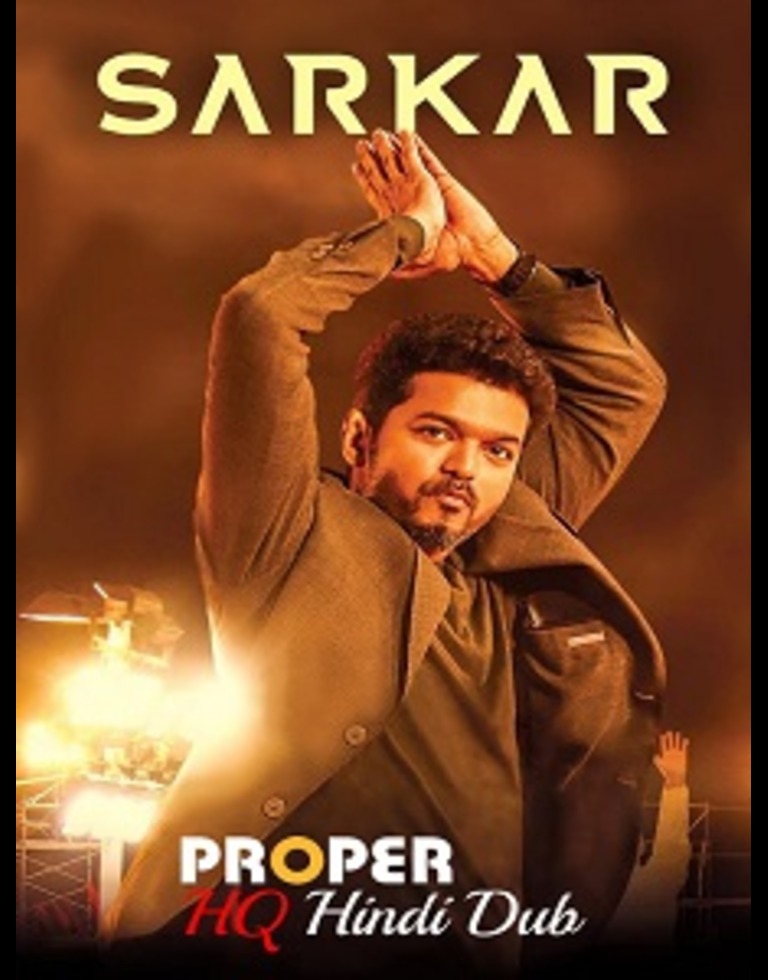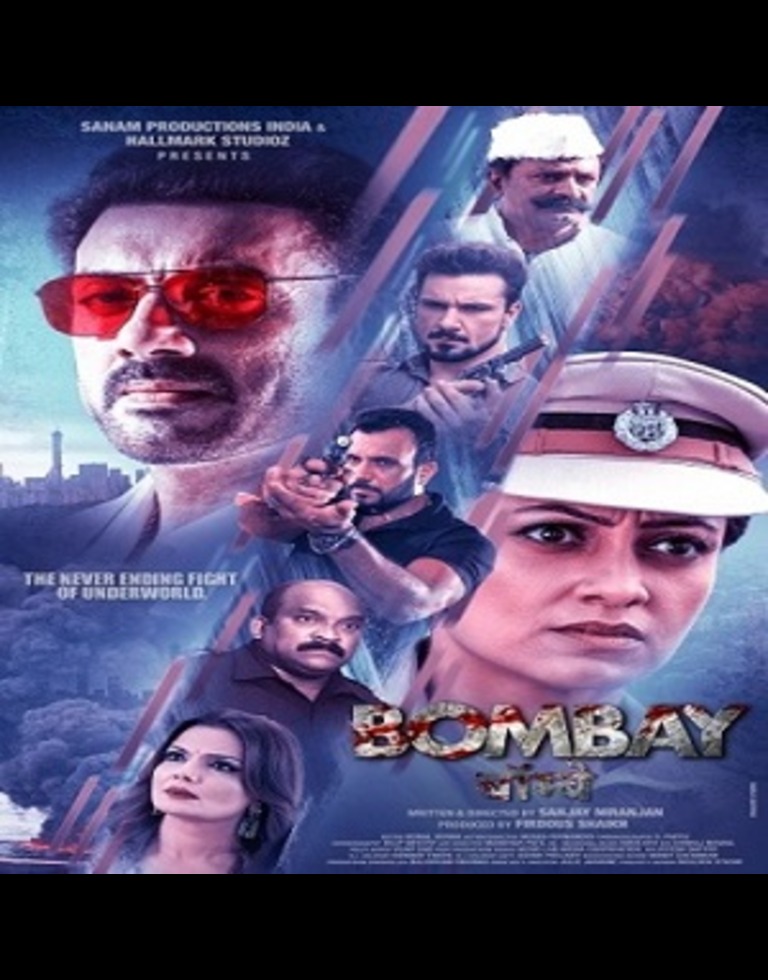

Sarkar (2018) is a gritty, character-driven saga that delves deep into the murky intersections of politics, crime, and personal ambition. Directed by Ganesh Sundar and set in the seething underbelly of Mumbai’s political landscape, the film chronicles the rise and trials of Subhash “Siku” Deshmukh, a street-smart warrior turned political kingmaker. What may initially appear as a conventional power-play narrative unfolds into a tense, morally ambivalent meditation on loyalty, integrity, and the real cost of influence.
🧩 Story & Structure
Siku begins life as the loyal lieutenant to his mentor, Sharad Sawant, a powerful local politician who rules with populist charm. When Sharad falls from grace amid allegations of corruption and betrayal, Siku finds himself torn between stepping up and walking away. He makes the fateful decision to launch his own political outfit, infusing it with his sense of justice—but power comes with a steep price.
The narrative traces Siku’s ascent: from community rallies to intense backroom deals; from righteous speeches to morally gray compromises. He navigates rival gangs, media scrutiny, and betrayal within his own ranks. The script unfolds in three acts: rise, crisis, and reckoning, with each phase thicker in tension. The screenplay avoids melodrama, opting instead for measured pacing and hard-hitting dialogue. It builds a suspenseful, unpredictable arc rooted in flawed choices and raw ambition.
🎭 Performances
-
Ajay Rajput (Siku) embodies the ambition-fueled sheen of a leader wrestling with conscience. He brings intensity to the role, especially when inner conflict surfaces—through moody close-ups and compressed tone. He is compelling in moments of confrontation as well as quiet introspection.
-
Ayesha Mehta is Sharad’s daughter and Siku’s love interest; her arc serves as the film’s moral barometer. She portrays resilience and vulnerability, particularly in confrontation scenes where she questions the shifting ethics of power.
-
Mukesh Khanna as Sharad Sawant carries weight as the embattled veteran politician. His descent from populist hero to fractured man gives the film emotional grounding, anchored in regret and lost ideals.
-
Supporting actors include Prithvi Yadav as Siku’s loyal comrade (who later feels betrayed), Natasha Reddy as an investigative journalist, and Tariq Khan as a ruthless rival politician. Each brings nuance—some leaning towards caricature, but most resonating with believable motivations.
🎬 Direction & Cinematography
Ganesh Sundar’s direction is taut and purposefully intimate. He keeps most scenes cramped—small offices, crowded lanes, ministry precincts—interspersed with public rallies and watery monsoon street-chase sequences. There’s little glamour; instead, a raw, handheld sensibility evokes real-time urgency. Sundar balances political machinations with personal turmoil, allowing the emotional stakes to rise without resorting to spectacle.
Cinematographer Kavita Sethi uses cool, desaturated tones that reflect the moral emptiness of political ambition and the miasma of corruption. Shadows dominate interiors, while outdoor sequences snap briskly, lending momentum. A few static, low-angled shots of Siku on podiums underscore his rise to power—and hint at underlying isolation.
⚖️ Strengths & Weaknesses
Strengths:
-
Layered protagonist: Siku isn’t a hero or villain—he’s someone who believes in change, but is flawed and pragmatic. Ajay Rajput’s nuanced performance accentuates that ambiguity.
-
Realistic political terrain: The film captures the texture of local politics—constituency visits, truncated pressers, VIP security, clandestine power plays.
-
Strong supporting cast: The best scenes unfold from interpersonal crisis—Sharad’s collapse, comrade friction, romance under pressure.
-
Tight screenplay: Over two hours, only a few subplots feel padding (such as a minor kidnapping), keeping the focus sharp.
Weaknesses:
-
Occasional pacing dips: Certain acts slow down, particularly during procedural political meetings that feel like filler.
-
Underdeveloped female presence: Ayesha Mehta’s character shows promise, but leans more symbolic than fully fleshed out.
-
Limited scope: The film locks itself within Mumbai’s borders; wider national-level stakes or policy impact could have added scale.
-
Soundtrack anonymity: Background score supports mood but lacks a memorable signature; no standout theme connects emotionally.
✅ Final Verdict
Sarkar (2018) is a compelling, sharp-edged exploration of power and conscience in urban Indian politics. Its strength lies in complex characters, especially Siku, who traverses the thin red line between righteous ambition and corruption. The film avoids theatrical pageantry, anchoring itself in street-level authenticity—raw dialogue, custody of betrayal, ordinary surroundings.
Though marred by some pacing lulls and underused roles, it offers a perceptive journey through the cost of standing for something, whether ideal or self-serving. It excels as a character study interwoven with political strategies—never boring, often tense, and quietly provocative. If you appreciate gritty, thoughtful political narratives with moral complexity, Sarkar is a film that lingers long after the credits roll.



